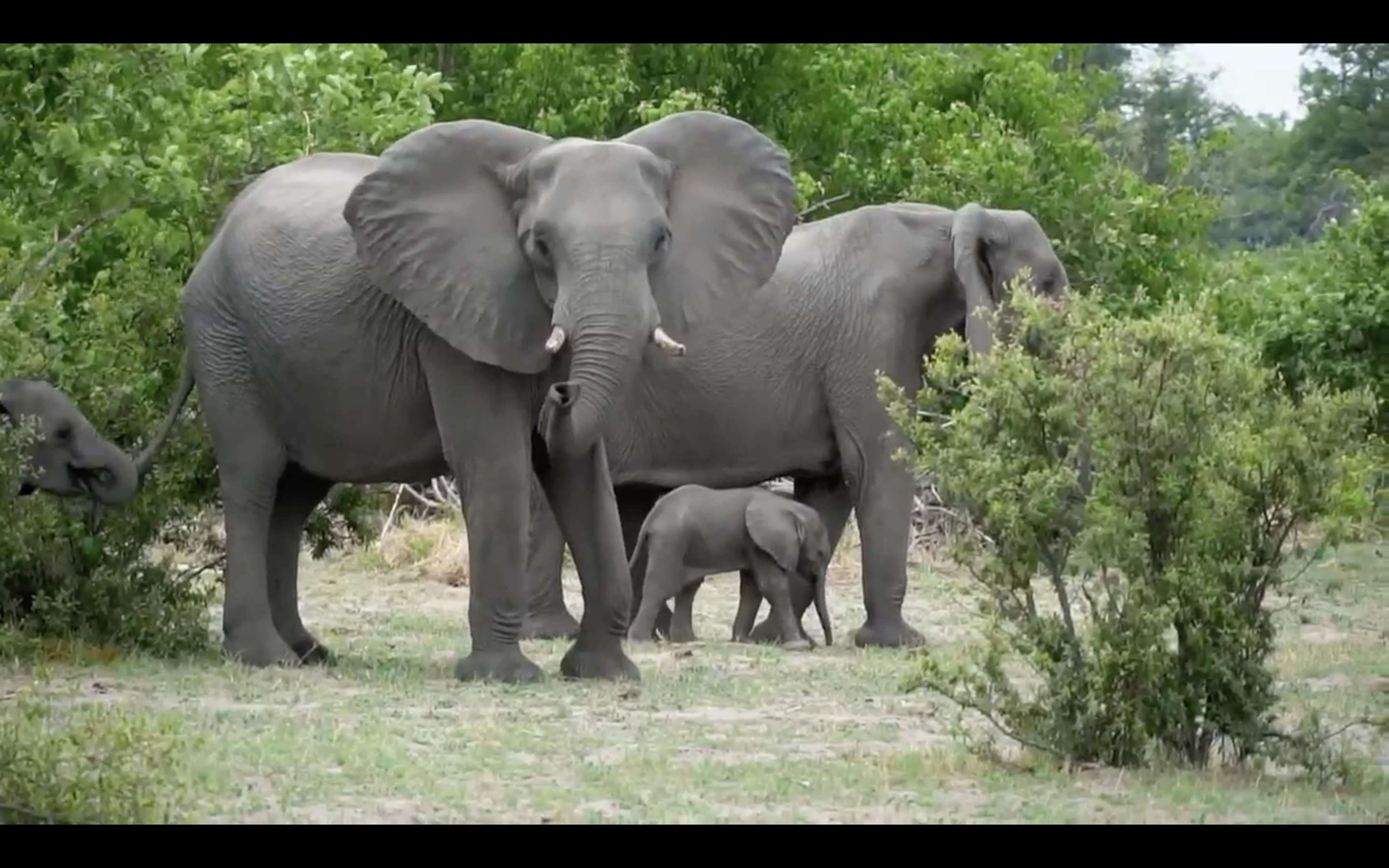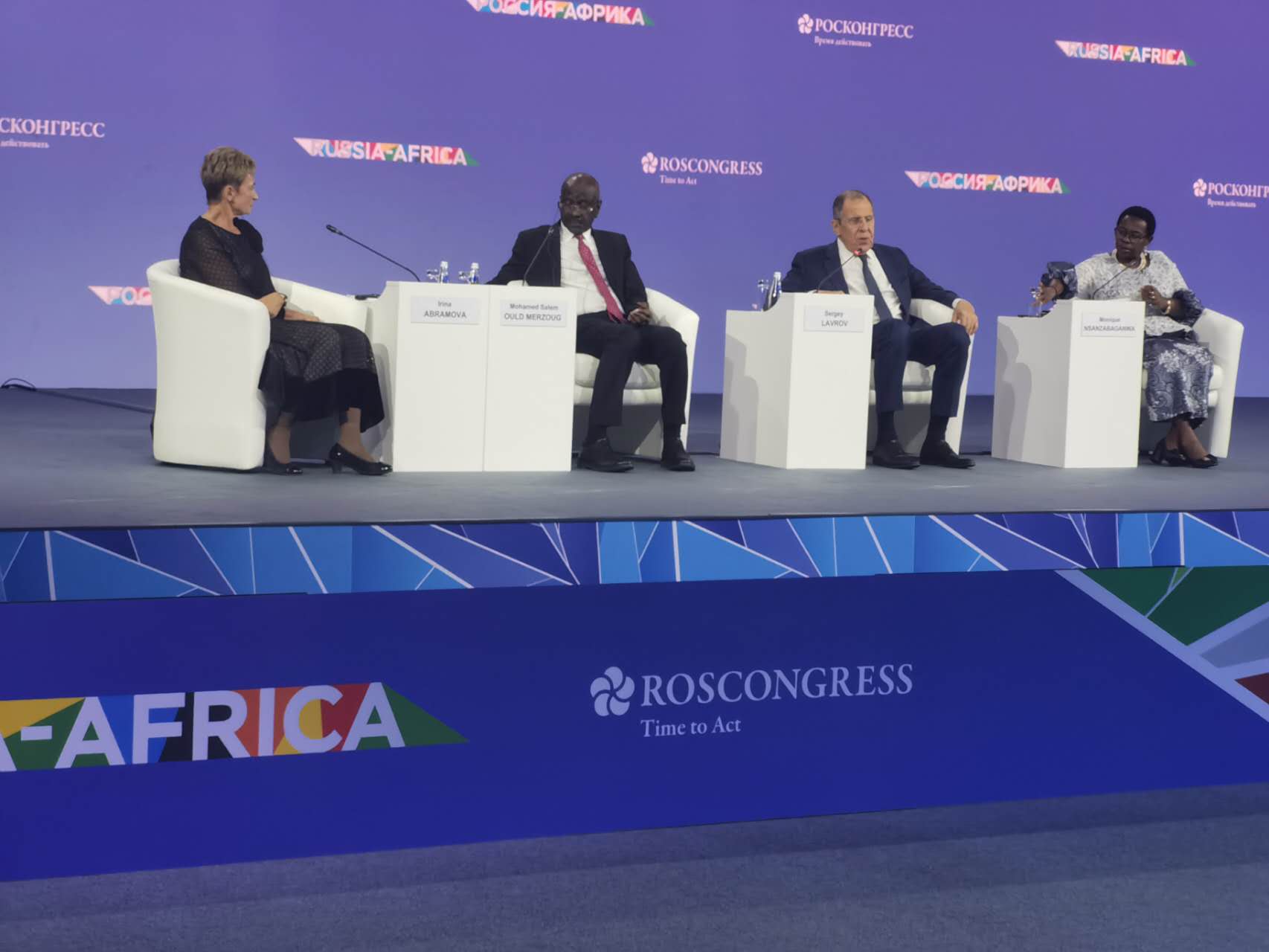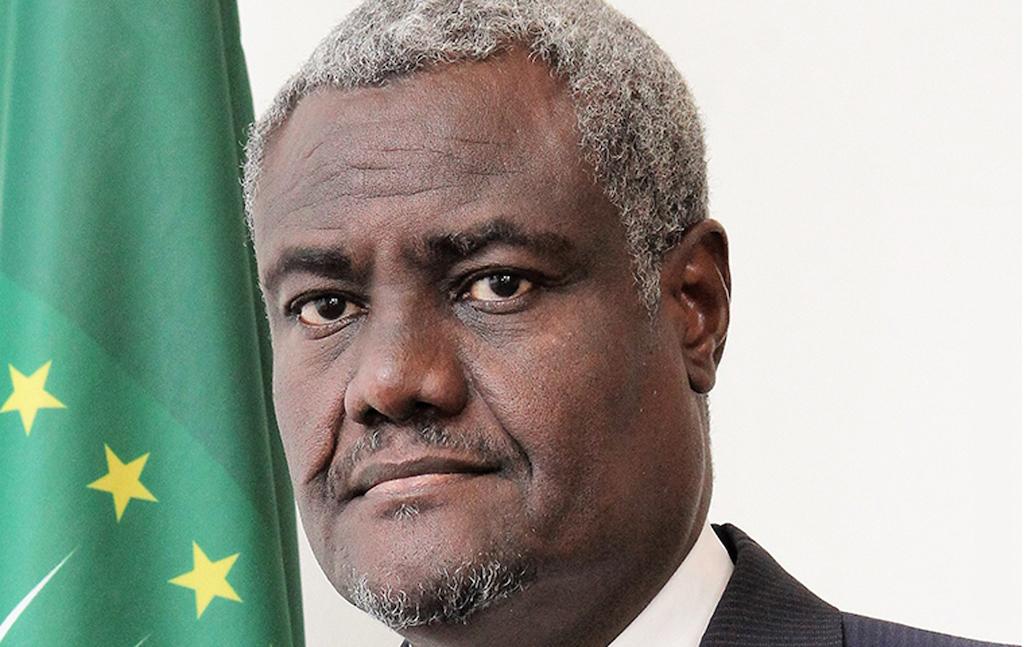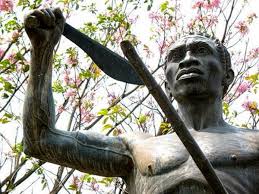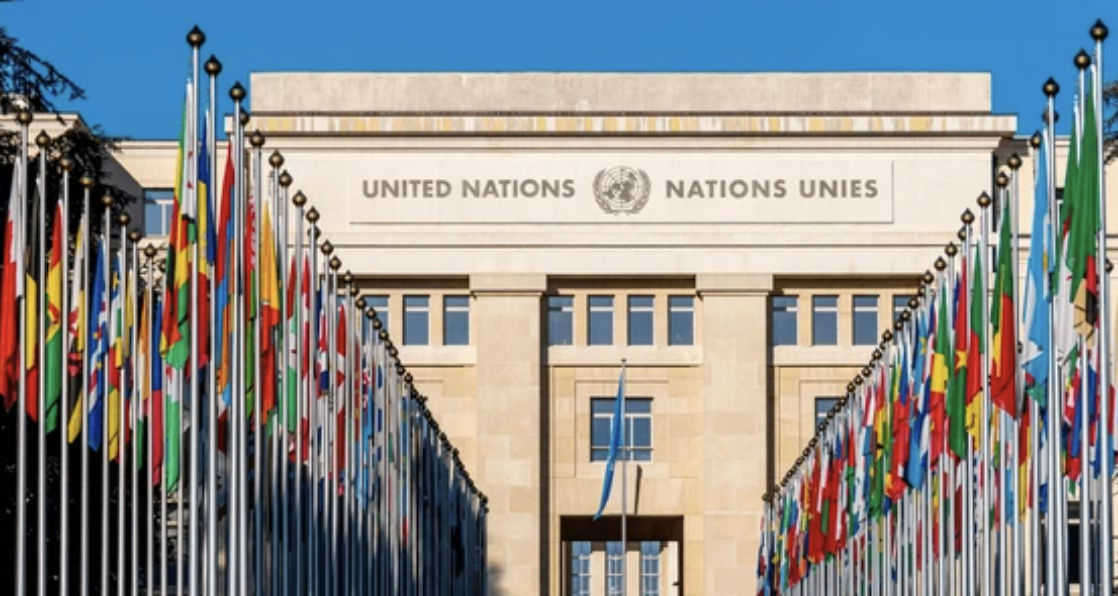
Flags of some of the UN member countries
By Emmanuel Koro
Johannesburg, 2 January 2025
How safe are parts of decolonised and resource-rich Africa now that U.S. president-elect Donald Trump has expressed serious interest in taking back control of the Panama Canal and buying Greenland?

Will overwhelming and overpowering what he called the “shit hole” countries of the world, including in Africa, be his answer to Russia and China’s recent defiance of UN-era norms of international relations?
Given that President Trump’s African targets for economic and political imperialism are unknown, even perhaps to himself at this stage, our continent needs to be prepared to respond to whatever may come out of Washington after Trump’s inauguration on the 20th of this month.
Accordingly, why didn’t the political leaders of Africa’s economic powerhouses — Nigeria and South Africa —denounce President-elect Trump’s dangerous imperialistic declarations when he made them?
Moreover, why was every European leader, other than the Danish premier, just as silent on the implications of Trump’s economic and political expansionist remarks?
At least Prime Minister Justin Trudeau of Canada viewed them, as well as his references to America’s neighbour to the north as its 51st state, as a bad joke.
Trump’s inclination to overpower weaker nations by intimidation if not stronger actions; comes at a time when Africa’s next big move is to start enjoying full, legal and sustainable benefits from its abundant minerals, wild plants and animal species.
Africa needs to benefit from its overflowing elephant populations and the potential of health tourism; it needs to create new employment opportunities and to raise wildlife conservation funds through international trade in its staggering quantities of stored rhino horn and ivory.
Sadly, the problem is external interference and Western influence over weaker nations in the decision-making framework of the UN Convention on International Trade In Endangered Wild Fauna and Flora Species (CITES).
The ongoing CITES anti-trade decisions have long proven to be the chief limitation on Africa’s pursuit of achieving full and sustainable benefits from its rich natural resources.
Frankly, African countries need to stop bending the knee to whichever rich powerful country shows an interest in helping their development.
Instead, they have to begin managing their own destiny if they want to be independent in the second half of this century.
It is long past time when our countries ought to be enjoying their own natural wealth, sustainably.
It is also high time that our countries need to reject the imposition of rules and restrictions urged by the wealthy anti-trade lobbying groups of Western nations.
Justifying his interest in taking back the Panama Canal, President-elect Trump said that the fees are too high on American ships transiting the waterway from Atlantic to Pacific Ocean and vice-versa.
According to an American public policy specialist who has written 5 books on Panama, President Trump did not say (or perhaps know) that “fees are calculated on the size and weight of the cargo ships passing through the locks needed to counteract the difference in height between the Atlantic and Pacific Oceans at the Panama Canal.”
In a press statement, Panama’s President José Raúl Mulino responded to President-elect Trump’s unsolicited and out-of-the-blue statement by saying that the Panama Canal and the 1,300 square kilometres of land surrounding it belong to his country — and “would remain so” — by virtue of a solemn treaty signed in 1977 and ratified by the Constitutional procedures of both nations.
This agreement relinquished American control over the land and waterway by the year 2000 and guaranteed the Canal’s neutrality in perpetuity.
As to Greenland, President-elect Tump said in his December 2024 message on social media that “For purposes of National Security and Freedom throughout the World, the United States of America feels that the ownership and control of Greenland is an absolute necessity.”
Harris said that the fact that Trump asserted he was speaking for the people of the United States — leaving the still sitting President of the U.S., Joseph Biden, in an awkward limbo — made a lot of international relations experts very uneasy.
In response to Trump’s idea of the U.S. assuming control of the world’s largest island, Greenland’s Prime Minister Mute Egede flatly rejected the idea, posting a statement on rival platform Facebook, saying in English transaltion, “Greenland is ours, we are not for sale and will never be for sale.”
Though probably once a part of the North American continent, Greenland has been politically and culturally associated with Europe (specifically Norway and Denmark, its colonial powers) since 986.
In the mid-1940s at the outset of Cold War with Russia, the U.S. offered to buy Greenland for US$100 million (about a billion dollars in current value) but Denmark rejected the idea.
Trump renewed the idea again during his first term as President.
Again it was rejected as out of the question.
Meanwhile, Harris has raised other concerns about incoming President Trump’s economic and political interests over the Panama Canal and Greenland.
“It is appalling to me,” said Harris in an interview, “that no leader of the Western World has called Trump’s Panama proposal to ignore an international treaty a potential threat to world peace and the economic stability of democratic nations everywhere.”
Harris is the President of Los Angeles-based Harris/Ragan Management Group and long-serving Secretary of the Foreign Policy Association of Panama.
He was also a US diplomat and on the staff of Lyndon Johnson, the 36th president of the United States.
Harris went on to say: “If nations don’t honour their treaty obligations with other countries, how can they expect their people to honour their contractual agreements with their fellow citizens?
“Trump’s statement and the lack of reaction from any other major democratic country in the world, is very troubling.
“Democracy has enough problems; to have the future leader of the oldest continually surviving democracy in the history of the world loosen a key screw in how it operates on its own without government intervention, makes me worry for its future.
“It also adds a fresh complication on how the world does business in the years to come.
“Yes, American engineers and managers built the Panama Canal with the crucial help of thousands of former African slaves from the U.S. and the Caribbean islands.
“But those facts do not give Mr. Trump the right to personally abrogate [cancel] the treaties to help show how America becomes great again.
“Mr. Trump would have to go to war to regain control of the Panama Canal and to take back the Panama Canal Zone that surrounds it.
“The U.S. invaded Panama under George H.W. Bush in 1989 but that was to arrest former leader Gen. Manuel Noriega for his alleged drug dealing activities.
“An invasion of the country for no legal or justifiable reason would challenge America’s moral authority to lead the Western World at a time when the world most needs it.
“It would also be a violation of the UN charter—another international treaty ratified by all 193 members of the organisation.
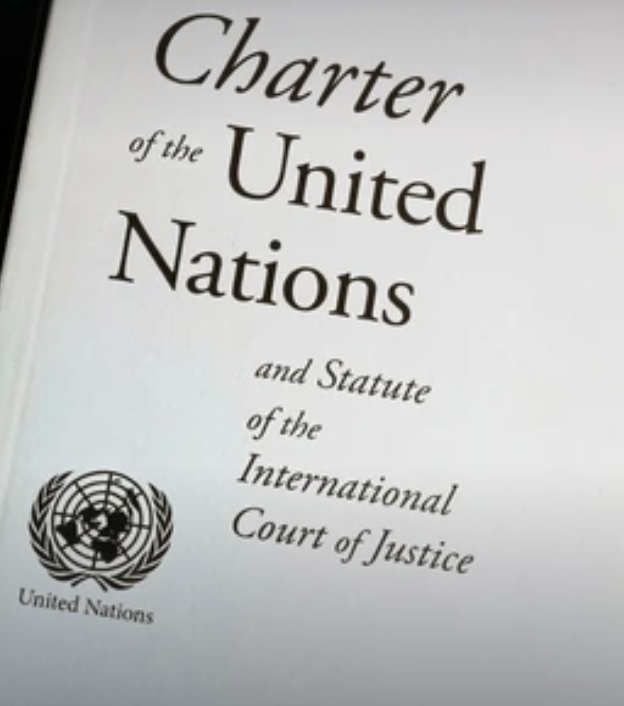
“Vladimir Putin unilaterally broke Article 2, Section 4 when he invaded Ukraine in 2022: ‘All Members shall refrain in their international relations from the threat or use of force against the territorial integrity or political independence of any State, or in any other manner inconsistent with the Purposes of the United Nations.’”
Harris said that Trump’s Panama remarks are moving down a road that “is making the world more lawless to the point where treaties might not count anymore.”
“That is enormously dangerous,” he warned.
Harris expressed concern that “it is the start of the breakdown of western society as we know it.”
“If our leaders won’t speak out against the danger, then the people must,” he said.
About the writer: Emmanuel Koro is a Johannesburg-based international award-winning journalist who writes independently on environmental and developmental issues.






